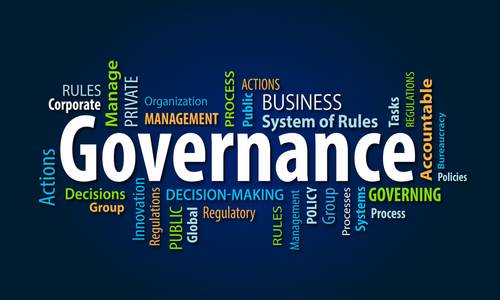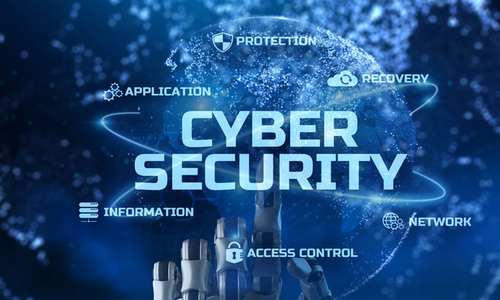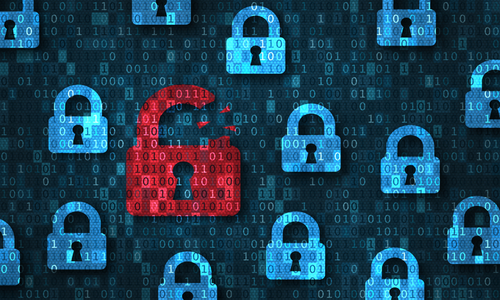A well-oiled Effective Compliance Program is the backbone of any organization that intends to stay ahead of any legal pitfalls, industrial regulations, and, predominantly, ethical dilemmas. However, let’s face it, compliance training has a bit of a reputation. In fact, many employers think of it as dry, tedious, and yet another checkbox on the corporate to-do list. Truth be told, when done right, it’s a game-changer that can revamp the workplace culture by reducing risks and enhancing efficiency.
So why is compliance training important? Keep reading, and you will discover the key to this question right here.

Jump ahead to
What is Compliance Training?
Effective Compliance Program is an educational initiative that aids employees with the insights to adhere to legal regulations and internal policies. It’s like giving your team a GPS so that they can steer the zestful landscape of corporate responsibility without veering off course.
Yet, here’s the catch: Compliance Training is not just about preventing lawsuits. It’s about promoting a culture of accountability where everyone knows dos and don’t do’s and they can make ethical choices without second-guessing.
Pillars of an Effective Compliance Program
For Effective Compliance Training to pack a punch, it should be more than just a PowerPoint deck and a list of rules. It must be engaging, digestible, and most importantly, relevant. Here are the ingredients of a top-tier Compliance Training Program.
- Customization Over Generic Modules– One size fits all does not work in Compliance Training. For instance, a finance team needs different training than a cybersecurity team.
- Interactive Learning Methods- Gamification and real-world case studies that facilitate scenario-based learning make the training sticky.
- Frequent Updates– Compliance is not set in stone. Laws and industrial standards shift, and the training must evolve accordingly with regular updates to reflect new requirements.
- Clear and Concise Content– Legal jargon is a snooze fest. Complex judicial language doesn’t do any favors. Hence, employees need digestible and actionable insights, not legal theses.
- Assessment and Reinforcement– Quizzes and simulations ensure retention. Moreover, scenario-based evaluations and employee feedback can aid in measuring the effectiveness of training conducted.
- Strong Leadership Support- When the brass takes compliance seriously, the entire organization follows suit. This implies, if the leaders take the Compliance Training it’s set’s tone for all.
Why is Compliance Training Important?
You would not build a skyscraper on a shaky foundation, right? The same logic applies to businesses. Without effective compliance training, firms are vulnerable to costly mistakes and reputational disasters.
Let’s break it down further.
- Shields the organization from legal pitfalls– Think of Compliance Training as corporate armor. It guards organizations from regulatory landmines that could lead to hefty fines, lawsuits, or worse. Imagine a business mishandling consumer data because employees were not trained on GDPR. No doubt, the financial and reputational damage will be astronomical.
- Cultivates an Ethical Workplace Culture– An enterprise without ethical standards is like a ship without an anchor, adrift in murky waters. Moreover, Compliance Training reinforces ethical decision making and affirms that employees act with integrity even when no one is watching. Thus, when compliance becomes second nature, transparency and accountability bloom.
- Enhance Workplace Safety and Security– From cybersecurity protocols to workplace harassment, Compliance Training covers a broad spectrum of risk management. Yet, it continues to be true that educated employees are less likely to fall for phishing scams or mishandle confidential information.
- Prevents Financial and Reputational Losses– A single compliance breach can wipe out years of credibility. Hence, organizations that prioritize compliance training safeguard their brand reputation and maintain stakeholder trust. After all, a tarnished reputation is harder to fix than a broken window.
- Improves Employee Confidence and Decision Making– Imagine being asked to follow a rule you didn’t know even existed. Frustrating, right? An Effective Compliance Program authenticates employees with the knowledge and confidence to make sound and legal compliance choices.
The Common Pitfalls of an Effective Compliance Program
While most organizations understand why compliance training is important, many still fall into common traps. Let’s shine a light on these hurdles and how to sidestep them.
- Treating Compliance as a one- and- done event– Many firms consider compliance as a fire-and-forget missile, though it’s an ongoing commitment. Companies must integrate refresher courses and real-time updates to keep the employees informed.
- Dull and Forgettable Content– Let’s be real. No one wants to sit through hours of monotonous slides. The training should be interactive and engaging, and at the same time reliable to ensure employees absorb and apply the knowledge.
- Lack of Leadership Buy-Ins– If the leader treats Compliance Training as a mere formality, so will employees. When top management actively participates, it signals to all employees that compliance is a corporate priority.
- No Metrics to Measure Effectiveness– Training without assessment is like flying blind. Organizations should track participation rates and test scores together with post-training behavioural changes to measure success.
How to Make an Effective Compliance Program Engaging and Impactful
Since we have answered the big question ‘’why is Compliance Training important?” and its setbacks, let’s talk about solutions to make it compelling now. How do you make compliance training a captivating experience rather than a dreaded obligation?
- Gamify the Experience
Turn compliance into a game! Certainly, Leaderboards and rewards can make learning fun and competitive. By incorporating badges and friendly competition, employees feel incentivized to actively participate. This makes the training a continuous and enthusiastic journey.
- Use Real-World Scenarios and Storytelling
Facts tell, but stories sell. You can share real-world compliance case studies and ethical dilemmas to illustrate the consequences of compliance violations to make the training relatable and memorable.
- Microlearning for Maximum Impact
Instead of a long-winded session, you can break training into bite-sized modules. A five-minute video on anti-bribery laws is far more effective than an hour-long lecture; hence, short videos and interactive exercises like quick quizzes can boost retention and the efficacy of learning.
- Encourage Open Discussions
It is important to create a safe space where employees can share concerns and ask questions. Therefore, creating a dialogue makes compliance feel less like a mandate and more like an opportunity for growth.
- Integrate E-Learning and AI-Powered Training Tools
E-Learning platforms and virtual simulations can be more productive. Furthermore, AI-driven compliance modules can enhance accessibility and engagement. This can personalize learning experiences and bestow real-time feedback and scenario-based simulations to enhance responsiveness.
Final Thoughts
At its heart, Compliance Training is not about fear-driven rule-following. It is resolute in empowering employees with information and ethical choices that benefit them and organizations. A well-crafted Effective Compliance Training is a business’s secret weapon against legal risks and operational inefficiencies.
Hence, the question isn’t just about the importance of Compliance Training. The real question is, “Can your business bloom without investing in it?”
No doubt, Compliance Training is not merely a legal necessity; it is a fuel that powers a culture of corporate excellence. Make it the right choice today to lead tomorrow.
FAQs
Why is Compliance Training important?
Compliance Training is like a corporate rulebook that teaches employees about the industrial regulations and company policies. Hence, it keeps your business safe from legal fines and ensures that the employees make only ethical decisions.
Who needs Compliance Training?
Everyone! From entry-level employees to top executives needs this training as staying compliant is a team effort.
How often should Compliance Training be conducted?
At least once a year. Nevertheless, regular updates keep the employees in the loop of new laws and policies, which is crucial.
What happens if a firm skips Compliance Training?
If an organization skips Compliance Training, it can be a risky business, and fines, lawsuits, security breaches, and reputational damage could be just around the corner.
Is Compliance Training only about laws and regulations?
No, it covers workplace ethics, cybersecurity, diversity, and safety, which makes the workplace secure and safe.
What are the key components of an effective compliance training program?
Clear policies, engaging content, real-life examples, and regular updates are the crucial elements of compliance training.
How does Compliance Training impact company culture?
It can build trust and accountability and thus, create a work environment where everyone knows what’s right and what’s wrong.
What industries require Compliance Training the most?
Many highly regulated realms like healthcare, finance, IT, and manufacturing rely on compliance training to avoid costly violations.



